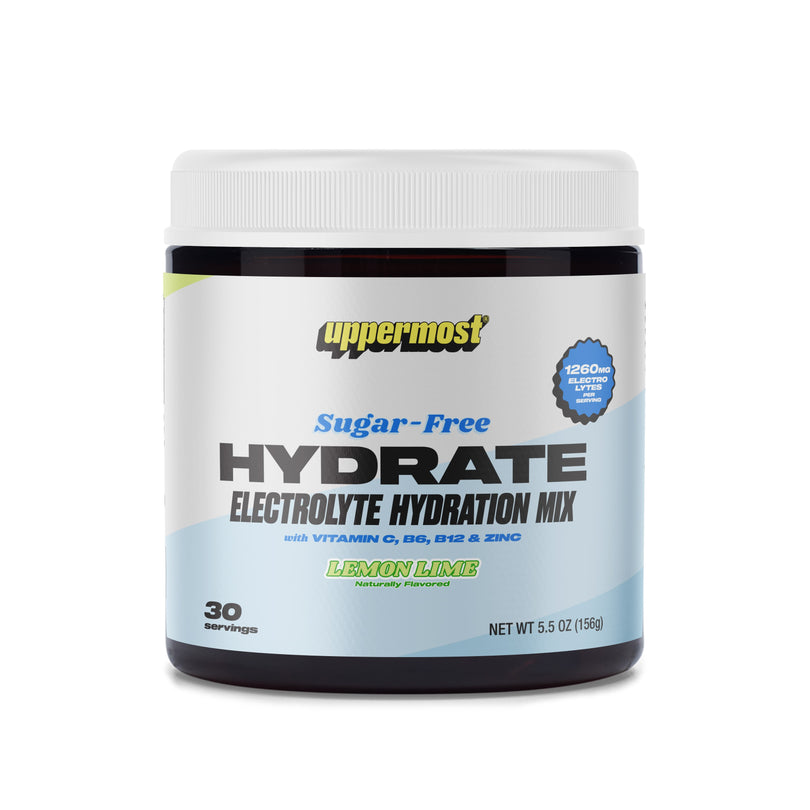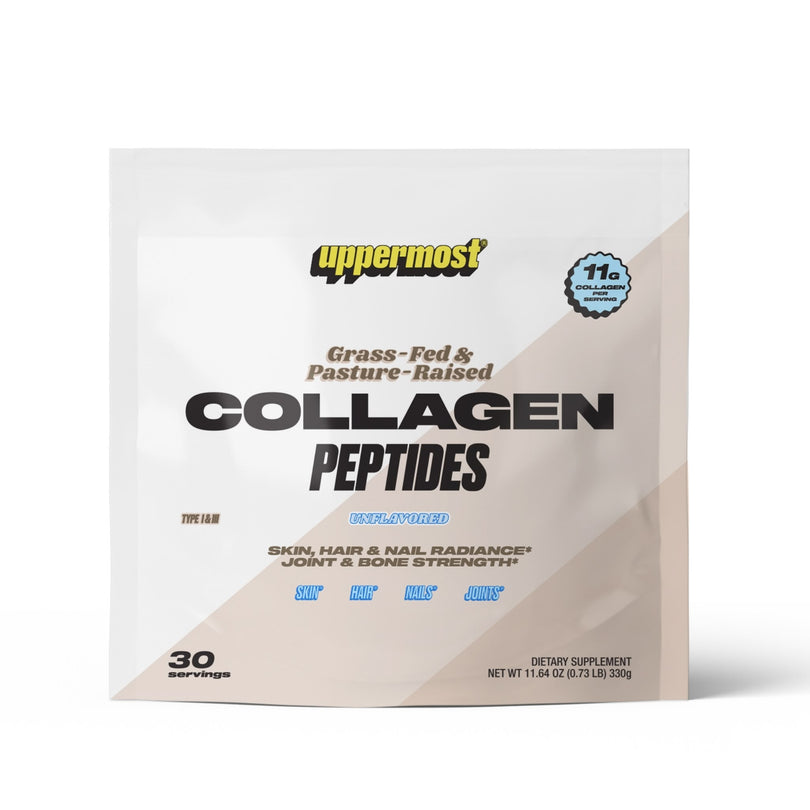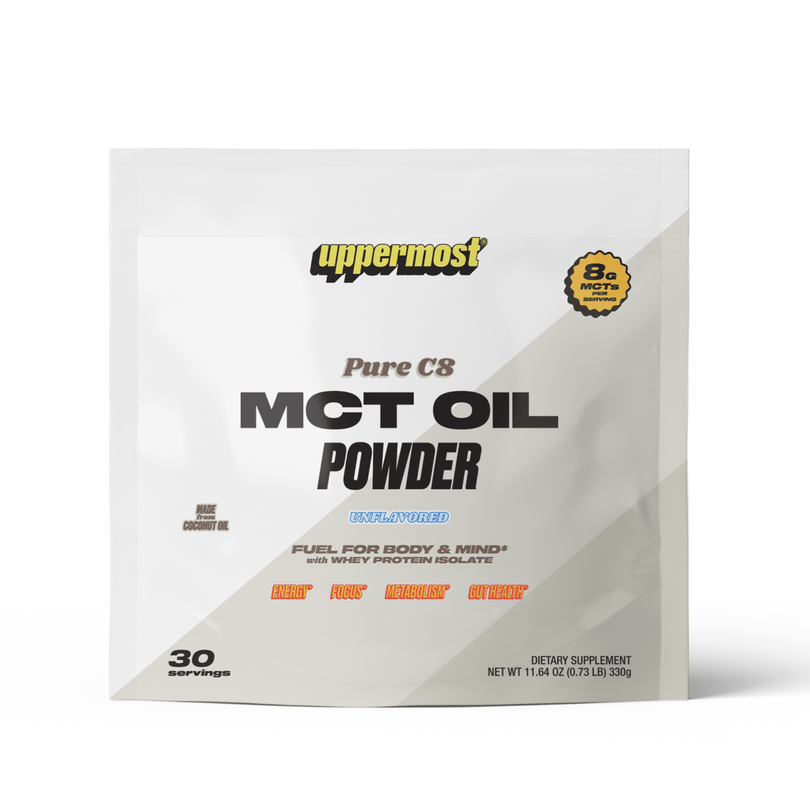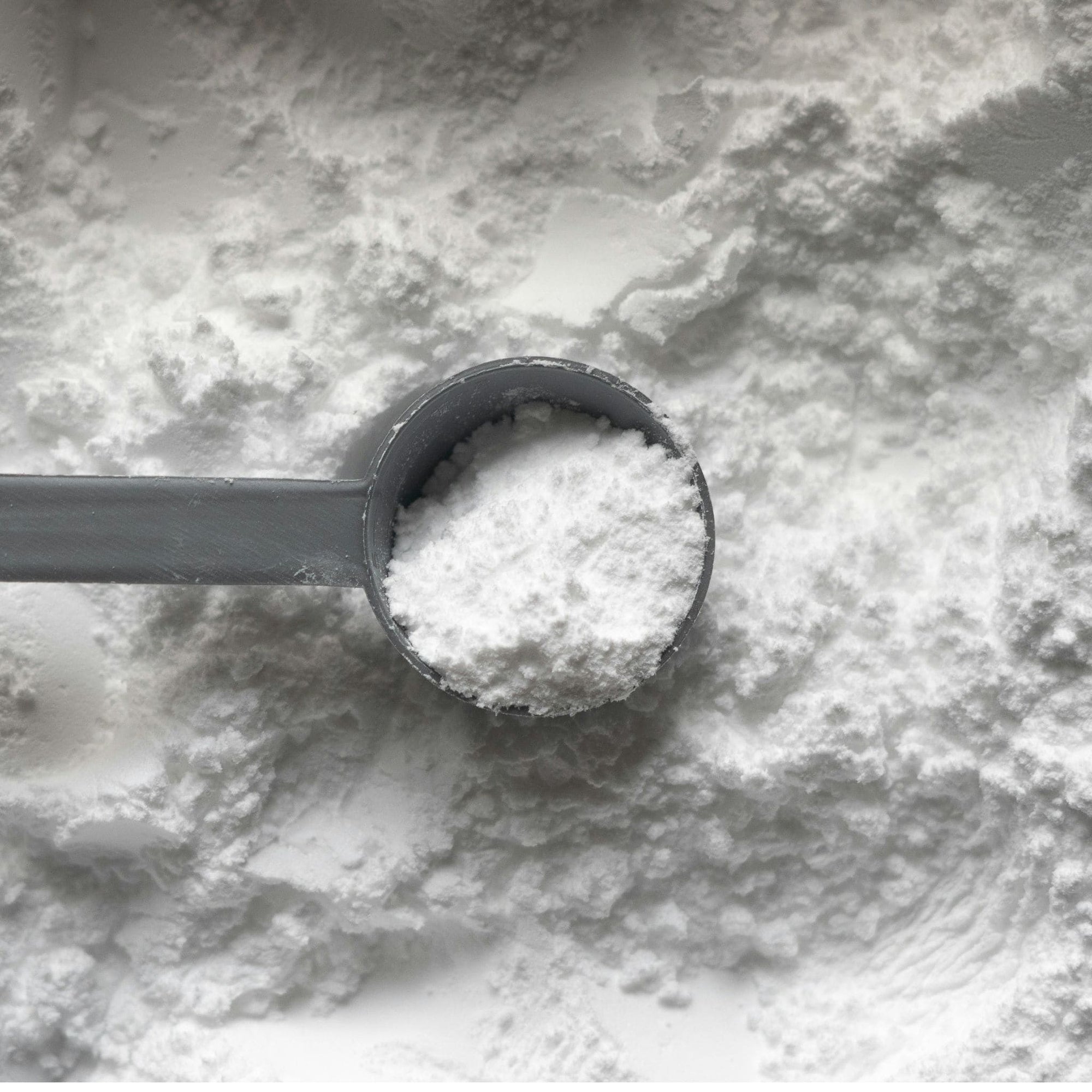Creatine is one of the most studied and widely used supplements in the world, known for its potential to enhance athletic performance, increase muscle mass, and even provide cognitive benefits. In this article, we’ll explore what creatine is, its benefits, how it works in the body, types, proper dosage, potential side effects, and frequently asked questions about supplementing with creatine.
1. What is Creatine?
Creatine is a naturally occurring compound in the body, primarily stored in muscle tissue, where it plays a critical role in energy production. It is synthesized from three amino acids: arginine, glycine, and methionine. The body can produce creatine naturally, but it’s also available through dietary sources, mainly animal products like red meat and fish. However, for many people—especially athletes and fitness enthusiasts—diet alone may not provide enough creatine, which is why supplementation can be beneficial.
2. How Creatine Works in the Body
When muscles need energy, they rely on a molecule called adenosine triphosphate (ATP). During intense exercise, ATP is rapidly used up, leading to fatigue. Creatine helps replenish ATP by donating a phosphate group, which allows muscles to continue generating energy quickly, especially during short, high-intensity activities. This process enhances performance by increasing power output, strength, and endurance.
3. The Benefits of Creatine Supplementation
3.1 Enhanced Athletic Performance
Creatine is best known for its ability to boost performance in short-duration, high-intensity activities, such as weightlifting, sprinting, and high-intensity interval training (HIIT). Studies show that supplementing with creatine increases phosphocreatine stores in the muscles, allowing for faster ATP regeneration. This results in:
- Increased Power and Strength: Creatine can improve one-rep max (1RM) performance, allowing for more weight lifted in strength exercises like bench presses and squats.
- Improved Anaerobic Endurance: By maintaining energy levels, creatine can increase the number of sprints or high-intensity efforts you can perform in a given period.
3.2 Increased Muscle Mass
Creatine is known to support muscle growth through several mechanisms:
- Cell Volumization: Creatine draws water into muscle cells, causing muscles to appear fuller and more hydrated.
- Increased Protein Synthesis: Studies indicate that creatine supplementation can elevate muscle protein synthesis, essential for muscle growth and repair.
- Reduced Protein Breakdown: Creatine may help reduce muscle protein breakdown, leading to improved muscle retention and faster recovery.
3.3 Faster Recovery
Creatine aids in recovery by reducing muscle damage and inflammation post-exercise. This results in less soreness and quicker recovery, which allows for more frequent and intense workouts.
3.4 Cognitive Benefits
Recent research highlights that creatine can benefit cognitive function. By providing an energy boost to brain cells, creatine may:
- Enhance Short-term Memory: Some studies have observed improved memory and cognitive performance in people supplementing with creatine, especially during mentally demanding tasks.
- Support Brain Health: There is some evidence that creatine may help reduce mental fatigue and support brain health, particularly in older adults and those with neurodegenerative conditions.
3.5 Potential Health Benefits
Beyond fitness and cognitive performance, creatine has shown potential in other areas:
- Blood Sugar Management: Some preliminary studies suggest that creatine may improve blood sugar control by enhancing glucose transport into cells.
- Heart Health: While research is ongoing, there is some evidence that creatine may benefit heart health by improving cellular energy in heart tissue.
4. Types of Creatine Supplements
While creatine monohydrate is the most researched and commonly used form, there are several other types available. Here’s a breakdown of popular creatine types:
- Creatine Monohydrate: The most studied and cost-effective form, creatine monohydrate is widely regarded as the gold standard due to its proven effectiveness.
- Creatine Hydrochloride (HCl): Known for its higher solubility and potentially lower dosage requirements, HCl is preferred by some for ease of digestion.
- Buffered Creatine: This form has been “buffered” to prevent it from breaking down into creatinine, allowing for higher stability.
- Creatine Ethyl Ester: A modified form that was initially thought to have better absorption, though studies show it is less effective than monohydrate.
- Micronized Creatine: This type has smaller particles for improved solubility and digestion, making it ideal for those who experience bloating with standard monohydrate.
5. Proper Dosage and Supplementation Timing
5.1 Loading Phase vs. Maintenance Dose
- Loading Phase: For faster saturation of muscle creatine stores, a typical loading phase involves taking 20 grams of creatine daily, divided into four 5-gram doses for 5-7 days.
- Maintenance Phase: After loading, a maintenance dose of 3-5 grams daily is recommended to keep muscle creatine levels elevated.
5.2 Daily Dosing Without Loading
For those who prefer to skip the loading phase, taking a consistent 3-5 grams daily will gradually increase creatine levels over a few weeks, achieving similar results.
5.3 Timing
Creatine can be taken at any time of day, but research suggests taking it post-workout may enhance muscle retention. More importantly, consistency matters, so aim to take it daily.
6. Potential Side Effects of Creatine
Creatine is considered safe for most people when taken at recommended doses, but there are a few side effects and considerations to keep in mind:
6.1 Common Side Effects
- Water Retention: Due to increased cell hydration, some users experience water retention or bloating.
- Digestive Discomfort: In rare cases, people may experience stomach cramping or diarrhea, especially if they consume large doses. Dividing the dose or using micronized creatine can help alleviate this.
6.2 Debunking Myths: Kidney and Liver Health
Creatine has sometimes been linked to kidney and liver damage, but studies have shown it does not harm kidney or liver function in healthy individuals. However, those with pre-existing kidney conditions should consult a healthcare provider before starting supplementation.
6.3 Hydration Needs
Since creatine draws water into muscle cells, staying hydrated is essential. Proper hydration can also help reduce any risk of bloating or cramps.
7. Who Can Benefit from Creatine?
Creatine is popular among athletes, bodybuilders, and fitness enthusiasts, but it can benefit almost anyone:
- Athletes: For those involved in high-intensity, short-duration sports (e.g., weightlifting, sprinting).
- Older Adults: Creatine has been shown to improve strength, muscle mass, and cognitive function in older adults.
- Vegetarians and Vegans: Creatine is mainly found in meat and fish, so those with plant-based diets often have lower creatine levels and can benefit from supplementation.
8. Combining Creatine with Other Supplements
Creatine is highly versatile and pairs well with various supplements:
- Protein Powder: Combining creatine with protein can aid muscle recovery and growth.
- Beta-Alanine: Both supplements enhance endurance, so combining them may benefit high-intensity athletes.
- BCAAs: Branched-chain amino acids support muscle recovery and can complement creatine for those looking to build muscle.
9. Creatine Myths and Misconceptions
Despite its popularity, creatine is often misunderstood. Let’s address some common myths:
- Myth: Creatine is a Steroid - Creatine is not a steroid but a natural compound found in foods and the body.
- Myth: Creatine Causes Hair Loss - There is limited evidence to support this; most research shows no connection between creatine and hair loss.
- Myth: Creatine Only Works for Men - Creatine is effective for both men and women, improving strength and endurance regardless of gender.
10. Conclusion
Creatine is a powerful, research-backed supplement with proven benefits for muscle strength, endurance, and recovery. From athletes to casual gym-goers, it can enhance performance and aid muscle growth when used correctly. Uppermost's creatine, a high-quality creatine monohydrate, can be an ideal addition to your fitness regimen if you're looking to improve your workout performance, boost recovery, and reach your fitness goals.
Before starting any new supplement, consult with a healthcare provider, especially if you have pre-existing health conditions. With the proper knowledge and supplementation strategy, creatine can be a safe, effective, and valuable part of any fitness program.





